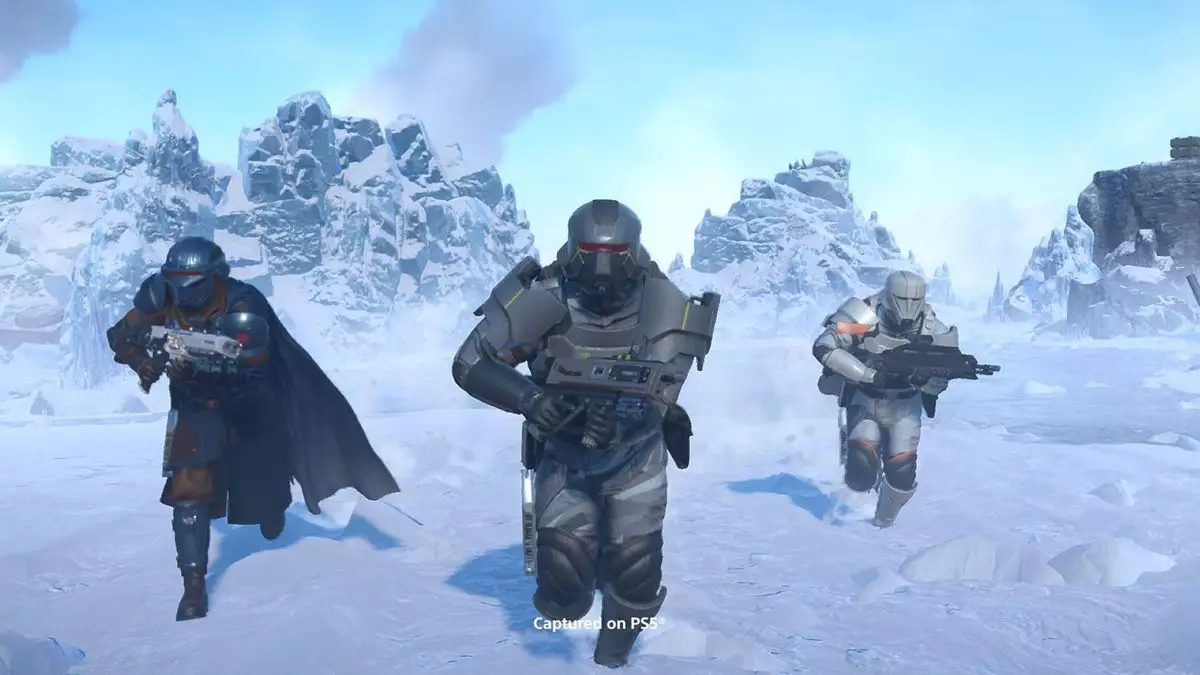The recent collaboration between Helldivers 2 and the iconic Killzone franchise sparked a wave of excitement among fans. The integration of beloved weapons from the Killzone universe was highly anticipated, yet the implementation has prompted significant discourse regarding weapon effectiveness, particularly focused on the PLAS-39 Accelerator Rifle. While interest in the crossover remains strong, its initial reception has been mixed, with gameplay dynamics at the forefront of fan conversations.
The PLAS-39 Accelerator Rifle, styled as a burst-fire sniper rifle, has generated scrutiny for its perceived ineffectiveness compared to other available weapons, such as the more favored PLAS-101 Purifier. The query echoes across platforms like Reddit, where users lament, “Why would anyone use the sniper rifle when the Purifier exists?” This candid question sheds light on a fundamental issue within weapon balancing in video games. Players seeking reliable firepower are understandably drawn to more potent alternatives, raising concerns over the rationale behind introducing underpowered weapons.
Johan Pilestedt, the game’s creative director, has stepped into the fray, emphasizing that the development team’s decision-making process is centered on authenticity rather than competitiveness. His declaration that “balance doesn’t matter” was met with raised eyebrows, especially as players construct arguments advocating for a diverse yet effective arsenal. Pilestedt’s comments hint at a philosophy that prioritizes thematic consistency over statistical advantage, a choice that has left many players grappling with the consequences.
While it is valid for game developers to craft weapons that resonate with the lore and aesthetic of their respective franchises, the lack of utility in certain choices can be frustrating. Enthusiasts of the Killzone series may revel in wielding weapons that reflect their favorite game, yet this nostalgia must not overshadow gameplay satisfaction. Pilestedt acknowledges that while not “useless,” the versatility of the PLAS-39 is indeed limited due to its three-burst mechanism and insufficient magazine capacity. This reveals an unfortunate reality: not every homage can translate into a functional asset within the game’s ecosystem.
Despite Pilestedt’s defense of the PLAS-39, his willingness to consider the possibility of “tweaking” the weapon signals acknowledgment of its shortcomings. Creating compelling weapons that resonate with players is essential, and it is evident that a reassessment might be beneficial to the overall player experience. Striking a delicate balance between honoring the legacy of Killzone weapons and ensuring they enhance gameplay will be vital in the ongoing development of Helldivers 2.
As Helldivers 2 continues to evolve, developers face the daunting task of merging nostalgia with functionality. While the allure of Killzone weapons remains, it’s clear that player expectations demand a more robust combat experience. A measured approach in future updates could revitalize interest and add depth to the game while retaining the cherished elements of nostalgia. The evolving dialogue between players and developers will be critical as they navigate the nuances of weapon balancing in pursuit of a fulfilling gaming landscape.

